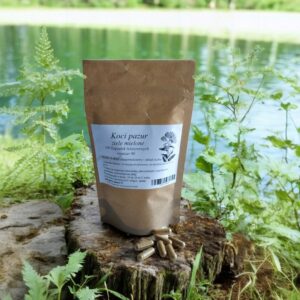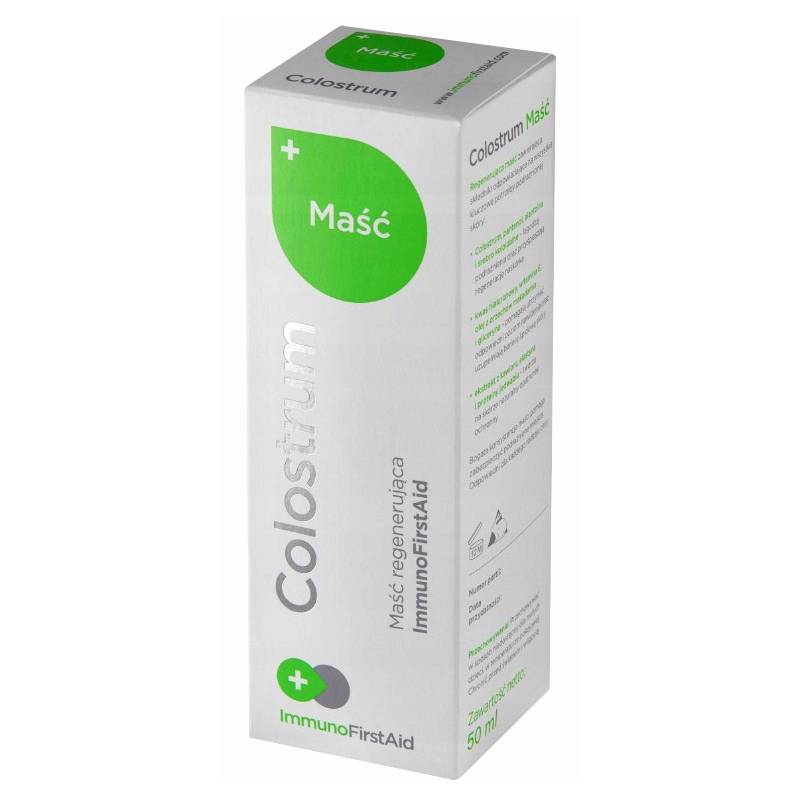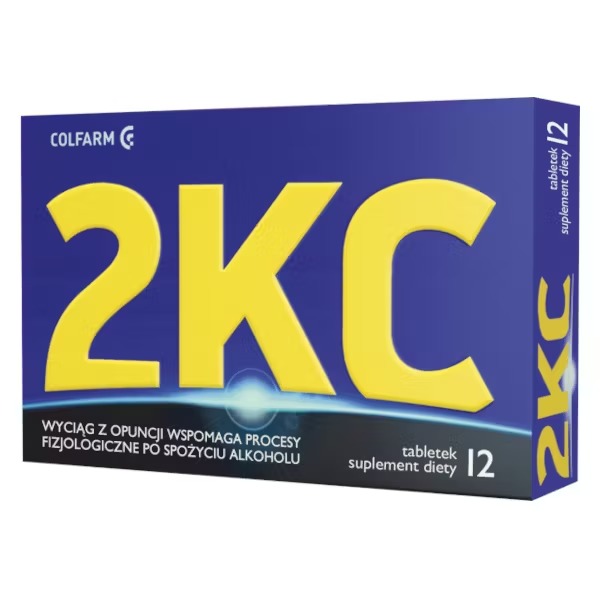Contents : 100 gelatin capsules
- Directions for use: 2 capsules (2 x 350 mg) daily with a meal, drink water.
- Storage conditions: Store in a dry, dark place out of reach of children.
- NOTES: Do not exceed the recommended daily dose. Not for use by pregnant or lactating women or children under 7 years of age.
- The product cannot be used as a substitute for a properly varied diet.
Sage is a plant used in medicine, cosmetology and gastronomy. One of its most well-known uses is reducing excessive sweating. Its extract and infusion can also be used to support the therapy of many different diseases and ailments. What properties does sage have and are there any contraindications to its use?
Sage (Latin Salvia officinalis ) is a plant from the mint family (Latin Lamiaceae), native to the Mediterranean and Middle East. It has now become naturalized throughout the world, especially in Europe and North America. Sage has been used in folk medicine for centuries to treat gout, rheumatism, inflammation and other ailments. In recent years, scientific research has focused on its pharmacological effects and possibilities of use in modern medicine. Sage has hypoglycemic, antioxidant and anti-inflammatory properties, among others.
Sage is one of over 900 species of plants in the mint family. Lamiaceae also includes downy sage (Latin: Salvia nemoros), divining sage (Salvia divinorum), and white sage (Salvia apiana).
Sage – properties
Sage contains a wide range of bioactive compounds, including alkloids, fatty acids, polyphenols, saponins, terpenoids, and waxes. The main components of sage oil are borneol, camphor, cineole, pinene, and thujone. Alcoholic extracts from sage, in turn, are a source of rosmarinic acid and caffeic acid. Thanks to these compounds, sage is a herbal raw material that, when used in appropriate doses, can bring numerous benefits not only to healthy people, but also to those with hypercholesterolemia, diabetes, memory disorders, infections, and inflammatory diseases.
Sage – action
Sage has numerous medicinal properties. The latest scientific research focuses on its anti-inflammatory, antioxidant, hypoglycemic and cholesterol-lowering properties. Sage extract may have a beneficial effect on health by:
- Improved prospective memory and cognitive abilities
- Lower total cholesterol, “bad” LDL cholesterol and VLDL cholesterol
- Raise the level of “good” HDL cholesterol
- Reduce blood glucose levels in patients with type II diabetes
- Anti-inflammatory and antioxidant activity
- Antibacterial activity against some types of Gram-positive and Gram-negative bacteria
Sage for excessive sweating
One capsule of sage a day can reduce excessive sweating. The active compounds in sage affect the adrenal cortex, inhibiting the secretion of glucocorticoids, regulating sweat secretion.
Contraindications to the use of sage
Many clinical studies have shown that sage in the form of extracts does not cause serious side effects. However, in the case of long-term use or after an overdose of the volatile oil and ethanol extract (corresponding to more than 15 g of leaves), side effects such as hot flashes, dizziness, tachycardia, allergic reactions, vomiting may occur.
Sage in pregnancy
Consuming sage is not recommended during pregnancy and lactation. The camphor, thujone and terpene ketones contained in the oil can negatively affect the nervous system of the fetus and newborn in large doses.






































Reviews
Clear filtersThere are no reviews yet.